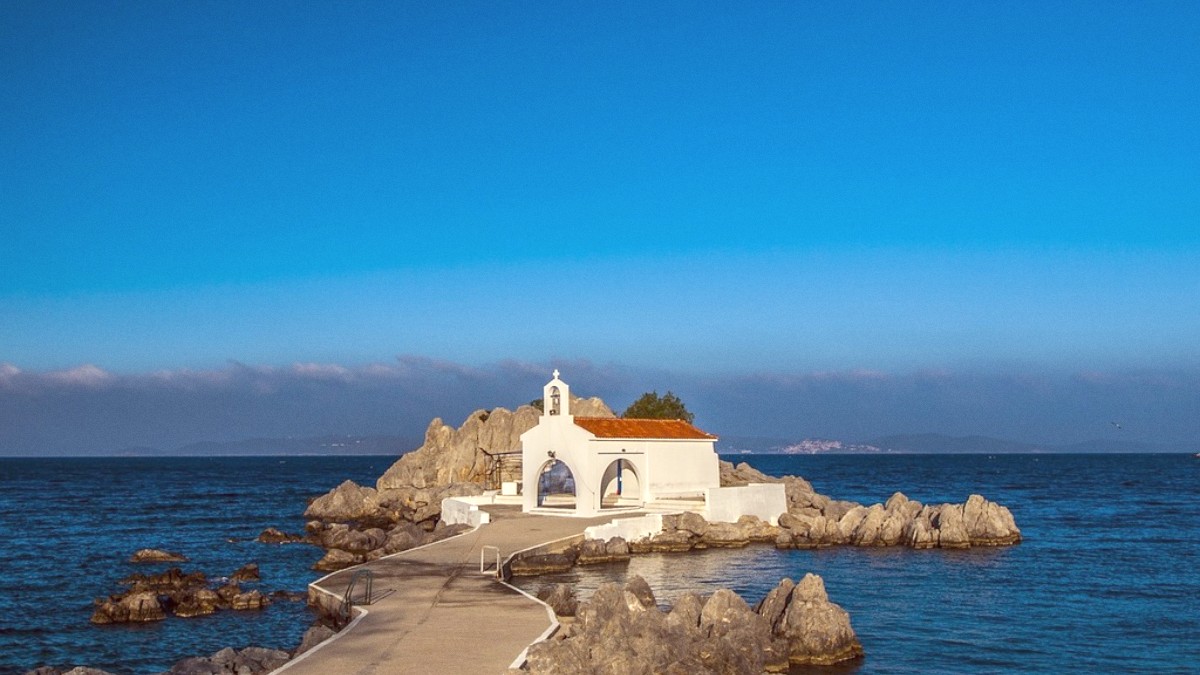
Northeastern Aegean Islands, Greece
Chios contains significant natural landscapes and unique ecosystems requiring protection. The mastic groves exemplify this, safeguarded by PDO status.
Dispose of all waste properly in designated bins. Recycling bins are becoming more common in Chios Town and larger villages.
Islands, including Chios, may face water scarcity, especially during the hot, dry summer months when tourist numbers are highest.
Immerse yourself respectfully in the island's traditions and way of life.
Support initiatives dedicated to preserving Chios's unique cultural heritage. This includes the traditional mastic cultivation, the medieval architecture, and local arts and crafts.
Basic Greek greetings ("Kalimera," "Efharisto," "Yiasou") are appreciated. Observe and respect local customs, specifically during religious festivals (panigiria).
Be mindful of people's privacy. Avoid taking close-up photos of individuals without their explicit consent. Respect areas where photography is prohibited.
When visiting churches, monasteries, or other religious sites, maintain a quiet and respectful demeanor. Observe any "no photography" signs.
Equip yourself with responsible gear for outdoor activities that minimizes environmental footprint.
Explore PatagoniaMinimize single-use plastics with eco-friendly alternatives for your travel needs and daily use.
Shop Package FreeYour visit can benefit the local economy and support fair practices.
Seek out local community-based tourism initiatives. These frequently offer authentic experiences, directly benefiting local residents through community investment, tradition preservation, and sustainable livelihoods.
Prioritize purchasing souvenirs and products directly from local artisans, small family businesses, and certified mastic producers. This directs your money to the local economy and traditional crafts.
Choose businesses that invest in the community and local workforce, providing authentic experiences and directly benefiting residents.
Consider how your actions influence the local community. Avoid engaging in activities that exploit local people, animals, or natural resources.
If you wish to contribute to local causes, research reputable local charities, non-governmental organizations (NGOs), or community projects.
Identify legitimate local organizations that align with your values.
Support environmental groups, cultural preservation societies, or other local initiatives.
Direct giving to beggars may not always be the most effective way to help; consider structured donations.